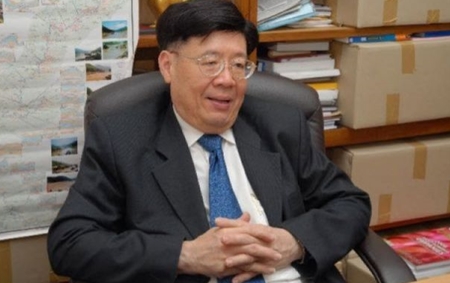A leading Thai academic has objected to a proposal to withdraw money from the international reserves to create a national wealth fund to finance the government’s investment in mega projects.
Sompop Manarungsan, president of Panyapiwat Institute of Management, said yesterday that the major portion of Thailand’s international reserves, some US$170-180 billion, will be needed to cushion the currency exchange and economic systems.

The remaining portion is only US$30 billion which is minimal, or about the size of the Government Pension Fund and the Social Welfare Fund, he said.
His remark contrasts that of former central bank governor Pridiyathorn Devakula who supported the move for a national wealth fund to manage the state’s planned investment at Bt2 trillion for infrastructure development.
Dr Sompop said it is impossible for the country to have a wealth fund unless the international reserves are abundant and the country is prosperous with natural resources such as oil and natural gas.
A national wealth fund is efficient in countries such as China and Singapore where governments are given ultimate administrative power to invest overseas, he said.
The Bank of Thailand (BoT) has invested the international reserves to make profits but its investment policy should be more flexible and adjusted appropriately, he pointed out.
Dr Sompop said the US decision on expanding its debt ceiling on October 17 would lead to volatility in Thailand’s domestic money and capital markets, adding that the Thai government must create confidence among consumers, and strengthen political and economic stability in short term and long term.
Korbsak Phutrakul, executive vice president of Bangkok Bank, said the Thai stock market would be extremely volatile if the US fails to increase the debt ceiling since the Thai bond market is connected to the US market.
He said he is optimistic that the US will find a solution to the crisis.




